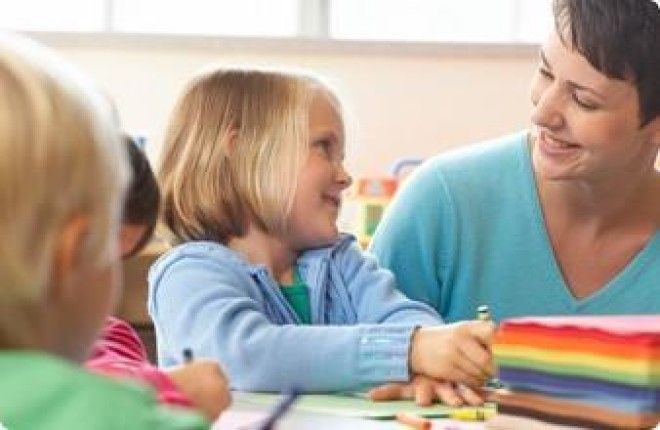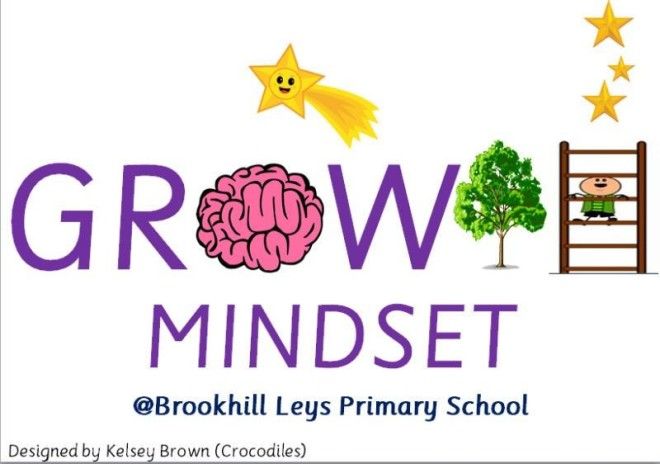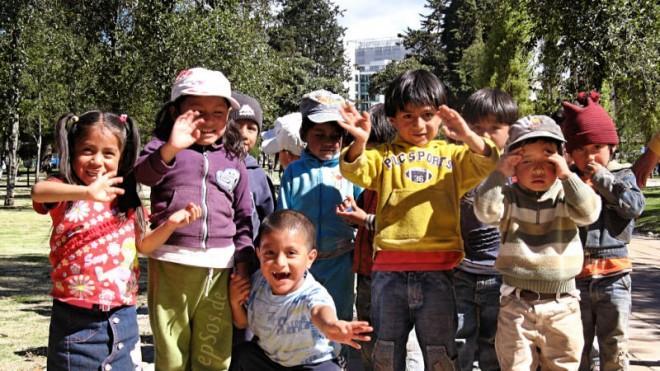Whether you’re a parent or a teacher, you need to ensure that the children you’re charged with are fostering each of these non-academic skills in their daily lives if you want to see them succeed.
1. Character

Building character is definitely nothing new to the 21st century. However, it’s still an incredibly important non-academic skill to focus on as children grow up in modern day society. They must be taught self-control, especially in an age in which so many stimuli are at their fingertips. We also must foster in our children a sense of curiosity about the world around them; and not in a superficial, “Let’s Google it” manner. Children must yearn to explore the world, and find answers for themselves rather than relying on a machine to give them everything. We should also build up our children’s confidence, so they are optimistic about their lives as they grow into young adults, so they can face the world knowing they can improve it in some way.
2. Social and Emotional Skills

In a world in which we’re increasingly isolated by computers, cell phones, and television, children need to learn how to interact with one another. They need to know how to treat each other, and how to address each other’s needs. Really, the only way they can do this is by being placed into social situations and monitored by a knowing and caring adult to help guide them when situations turn ugly. If a child’s social behavior is left unchecked, it could lead to multiple problems down the road.
3. Growth Mindset

Children should know they are constantly growing and learning. Yes, it is okay for kids to be kids, but they also should be constantly conscious of the fact that each experience they go through is a chance to learn something even in a non-academic setting. This will help them make the most out of bad situations, because they’ll always be looking at what they learned, rather than the fact that they messed up. They’ll also learn to be okay with messing up, as they’ll understand that life is a process of learning from one’s mistakes. When we stop learning, that’s when trouble starts to pile up. As Noah Webster (of Webster’s dictionary) once said, “The virtues of men are of more consequence to society than their abilities…for this reason, the heart should be cultivated.”
4. Non-cognitive Traits and Habits

Researchers are on the fence about the name of this characteristic, but in essence they are describing metacognitive skills. In other words, these are the non-academic skills that we use in order to know which other skills to use. For example, a child may know the multiplication tables by heart, but after reading a word problem, he might not know that he should be using multiplication to solve the problem. It’s important to focus not just on what skills to learn, but how to use them as well. Sometimes the development of these traits occurs in the typical problem-solving that goes along in regular life.
5. Grit

Life isn’t easy. The sooner children figure that out, the better off they’ll be. They need to learn that it’s totally okay to fail, as long as they pick themselves up and keep pushing until they succeed. They also need to understand the difference between passing by the skin of their teeth and passing with flying colors. One will earn them just enough to get by in life, but the other will allow them to truly get ahead. Being rigorous in all activities, and putting their all into everything they set out to do, is of utmost importance if children want to live their life to the fullest. Even something simple like asking your child, “What did you fail at today?” shows them that failure happens everyday but can be overcome with persistence or through another avenue.
6. 21st Century Skills

The Information Age has brought about a time in which we must become specialized in one area, while also exhibiting a variety of other skills as well. From an early age, children now learn how to collaborate and communicate with others, both physically and through the use of technology. They also need to think critically and be creative in finding solutions to problems that didn’t even exist twenty years ago. In doing so, the children of today will ensure that society continues to move forward tomorrow.
7. Soft Skills

This last set of non-academic skills is a bit of a misnomer. Any skill you can learn is important, so calling these skills “soft” makes them seem less so. However, now more than ever it is important that children learn the basics of professionalism. They need to know it’s important to be punctual, and to dress properly. They need to exhibit good manners and obey social conventions, not just during their working hours, but at all times. It’s increasingly important that children understand that their online persona will allow others to judge their real-life personality, so it’s important to be prudent both on and offline. If they don’t pay attention to these social conventions, all other skills they learn will ultimately be null and void.

